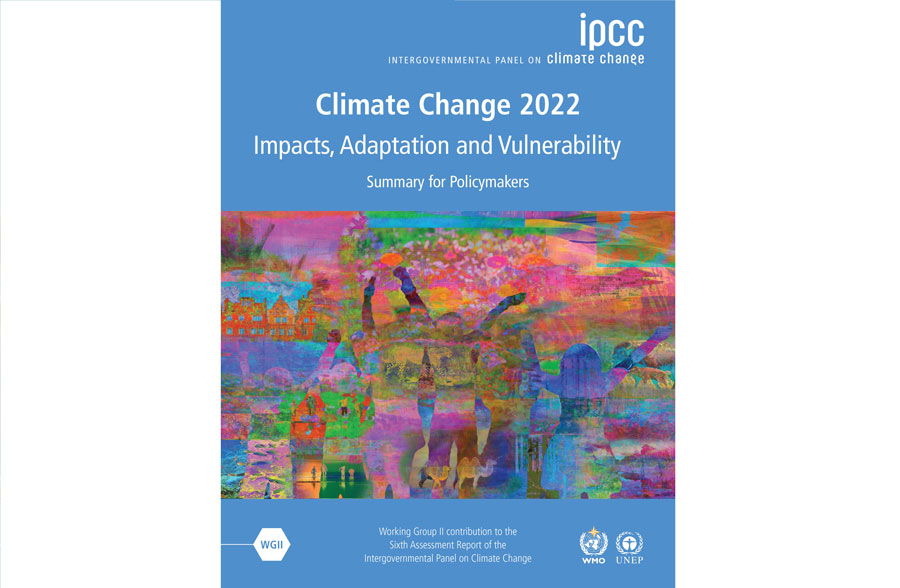This week, the Intergovernmental Panel on Climate Change (IPCC) released the second contribution to the Sixth Assessment Report (AR6) delivered by Working Group II in a report titled: Climate Change 2022: Impacts, Adaptation and Vulnerability. This report provides a critical review of the observed and projected impacts of climate change, the adaptation capabilities of communities and ecosystems and the vulnerabilities posed to humans and natural systems.
Chapter 11 of the report focuses on Australasia and identifies climate-related impacts including a list of nine key risks. For example, extreme weather events fuelled by climate change have already begun to take a significant toll on communities both directly (e.g. home and job losses) and indirectly (e.g. degraded ecosystems and species loss). According to the report findings, these impacts are now compounding into new, more complex risks such as experienced during the 2019-2020 bushfires.
The report also identifies adaptation options such as through the development of decision support tools, alongside barriers and limitations, such as lack of engagement and trust. A strong response to mitigation to keep emissions between 1.5-2.0 degree Celsius, as well as timely and robust adaptation are both key to achieving climate resilient development, according to the report’s findings.
Collectively, the information presented in this report reflects the most comprehensive review of the state of knowledge on climate change and empowers us to identify responsive strategies and measures for addressing adaptation.
Read our two-part series that unpacks what the IPCC reports mean for NSW, and how we are acting on climate change
Part 1 (Working group II) - New evidence from the IPCC to help NSW adapt to climate risks
Part 2 (Working group III) - IPCC report helps guide NSW mitigation actions




